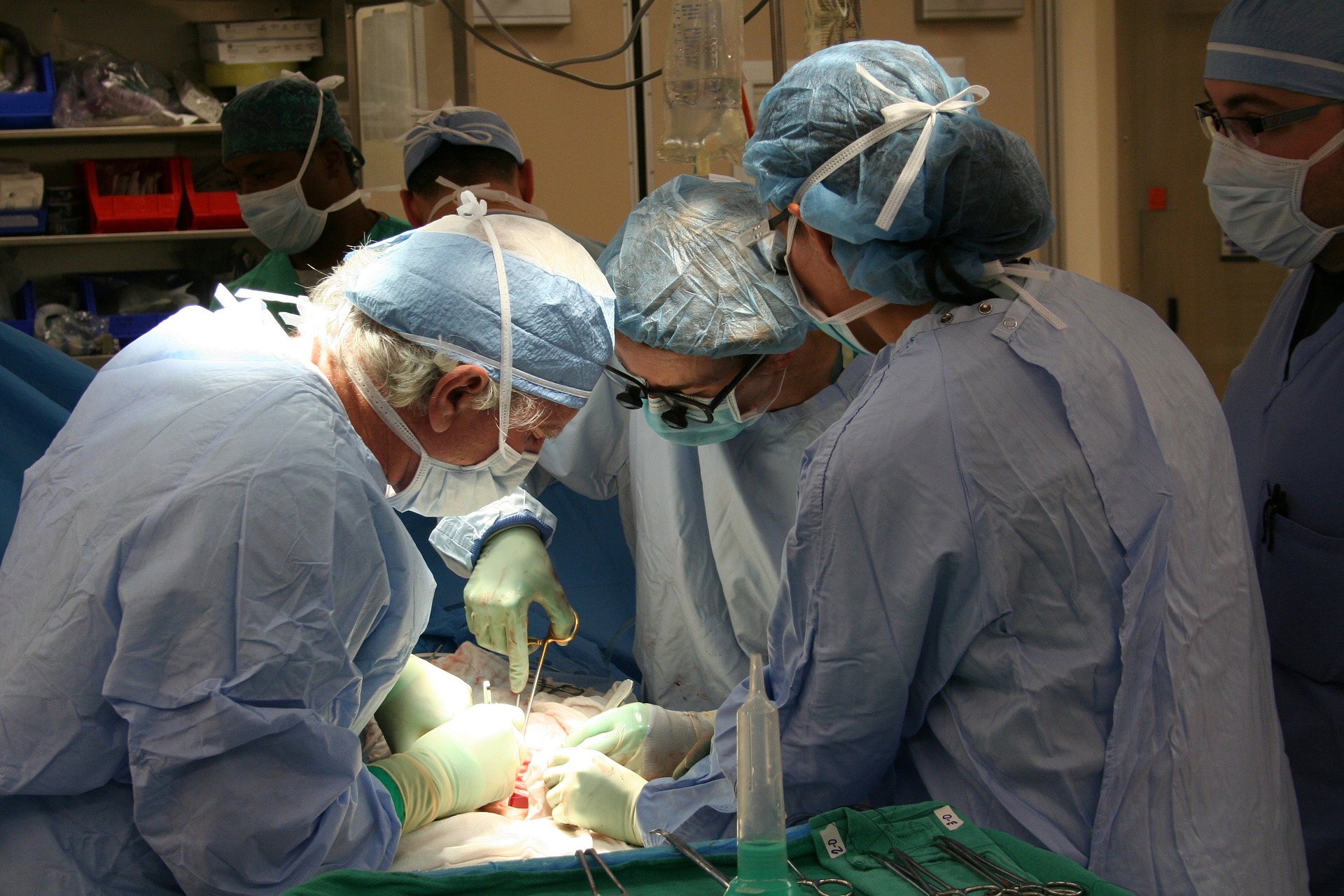The influential Leapfrog Group, which grades nearly 2,000 U.S. hospitals, is launching a national survey to evaluate the safety and quality of up to 5,600 surgery centers that perform millions of outpatient procedures every year.
The group now issues hospitals an overall letter grade and evaluates how hospitals handle myriad problems, from infections to collapsed lungs to dangerous blood clots — helping patients decide where to seek care.
The new surgery center effort will focus on staffing, surgical outcomes, and patient experience in facilities that are performing increasingly complex procedures and seeing more aging patients. The grades will also cover surgery centers’ closest competitor, hospital outpatient departments.
Leah Binder, Leapfrog Group’s chief executive, said she wants to fill gaps in information about same-day surgery, which employers and health plans have embraced for its lower costs.
Employers, she said, “don’t have enough information on quality and safety of that care.”
Binder said a recent Kaiser Health News/USA Today Network investigation highlighted the need for independent information about surgery centers. The investigation found that since 2013, more than 260 patients died after care at centers that lacked appropriate lifesaving equipment, operated on very fragile patients or sent people home before they fully recovered.
“Your reporting did highlight the real lack of information from the federal government and the need for us to have an independent means of reporting,” Binder said. “People are going in for surgery, and our federal government doesn’t think it’s important to tell us how it’s going. Maybe that was OK 30 years ago, but now it’s not OK.”
The news report was based on inspection reports, lawsuits and data from many states that tally patient deaths but which refuse to note where they occurred. Seventeen other states collect no data on deaths at all.
The new Leapfrog plan will start with a survey of 250 centers in 2019 and include up to 5,600 surgery centers in 2020. At that point, it will publish data on the outcomes of specific procedures, like total knee replacements, across the hospital outpatient departments and surgery centers nationwide.

The Leapfrog Group is funded by employers and health plans that cover the health care of the half of Americans who get health benefits through their job, Binder said. The organization was founded to shed light on health care quality and safety to help consumers pick high-value providers. It plans to disseminate the new surveys through its 40 business group members that steer millions in health spending.
Bill Prentice, chief executive of the Ambulatory Surgery Center Association, an industry trade group, said he supports the move toward greater transparency. However, he said the work to determine the specific measures is still underway, and “the devil is in the details.”
Ty Tippets, administrator of St. George Surgical Center in Utah, said he welcomes what Leapfrog is doing.
“Anytime [data] is gathered and provided in a transparent, easily accessed forum — it helps empower patients,” said Tippets, who recently testified before Congress about transparency in health care.
The Leapfrog Group announcement comes as Medicare is reviewing the data it will collect to gauge the quality of surgery centers.
The agency previously asked each surgery center to report its emergency transfer rate, or how often a patient 65 or older was sent from a center to the hospital. Yet the agency only required the centers to send data for half or more of its Medicare patients.
In the current rule-making period, Medicare declared the resulting data of little value, given the minimal differences among centers’ scores. The agency proposed dropping the measure, but has not yet finalized the proposal.
Going forward, Medicare has said it will use its own billing data to report the percent of surgery center patients who seek care at a hospital in the week after a procedure.
Medicare recently announced plans to shine more light on the performance of accreditors, which play a key role in granting or denying health facilities approvals to operate. A recent KHN investigation into accreditor performance in California — the only state where the private bodies’ inspection reports are public — showed repeated lapses in oversight.
A Medicare spokesman said new reports will show how well accreditors fare when state health officials inspect the same facilities. In recent years, Medicare has found that accreditors overlooked the majority of problems that government officials uncovered.
In September, the White House Office of Management and Budget approved another health agency’s proposal to collect and report data about the “culture of safety” in surgery centers. The Agency for Healthcare Research and Quality will ask surgery center staff about issues such as whether staff feel comfortable speaking up about patient care concerns.
The plan says summary data — not facility-by-facility data — on the survey’s results will be reported publicly.
That effort would add to the overall information the public has about surgery centers, said Dr. Ashish Jha, a patient safety expert at Harvard’s School of Public Health.
“Places that do badly on safety culture surveys tend to have worse outcomes,” Jha said. “But you can’t bank on it.”
He said the most useful data for the public would cover actual events — such as deaths after surgery, admissions to the hospital or functional status and pain three months after surgery.
“Those are the things that actually matter,” he said.
Kaiser Health News coverage related to aging and improving care of older adults is supported in part by The John A. Hartford Foundation. This story also ran on USA Today.




